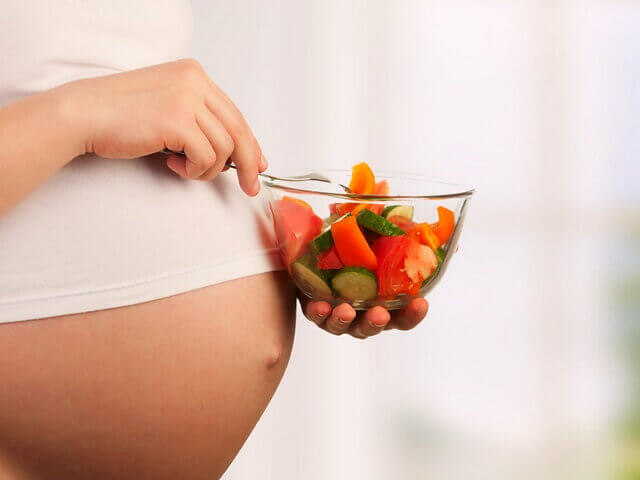
It is definitely tempting to eat all your favourite food items in huge quantities as though you are eating for two when you are pregnant. But the truth is ‘eating for two’ in pregnancy is a myth. In reality, you don’t need too many extra calories. The best thing for you and your baby is to eat a healthy diet, a balanced diet with plenty of fruits and vegetables. When women get pregnant, they are often encouraged to “eat for two”. This is meant regarding eating to meet both mum’s and baby’s needs. It doesn’t mean that you need to double your total food intake.
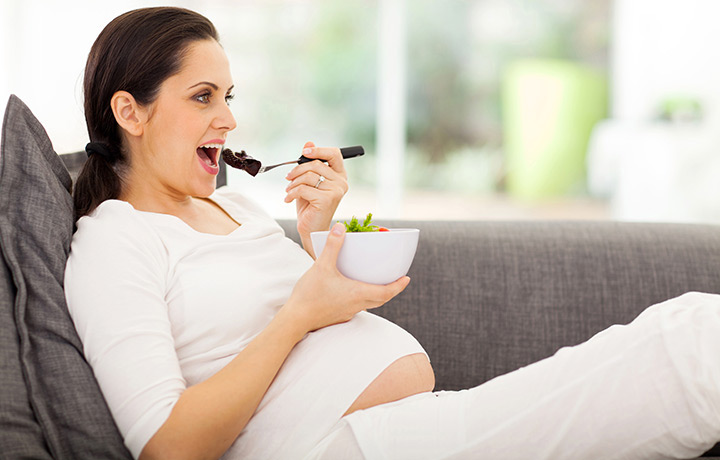
It is important to gain weight during pregnancy as it is good for the health of both the baby and the mother. When your weight increases, it nourishes the baby, and it also helps you with an easier delivery. It also helps during breastfeeding. But there is a limit for weight gain as well. Generally, women gain between 25-35 pounds during their pregnancy. Much of this weight is in increased fluid, enlarged breasts and uterus, and the growing baby and placenta. You might have difficulty in shedding some of those extra pounds after the birth.
Your body becomes more efficient during pregnancy and can absorb more of the nutrients you eat. So consuming twice as much doesn’t double your chances of having a healthy baby – instead, it’s likely to mean excessive weight gain for you, which can put you at risk for pregnancy complications.
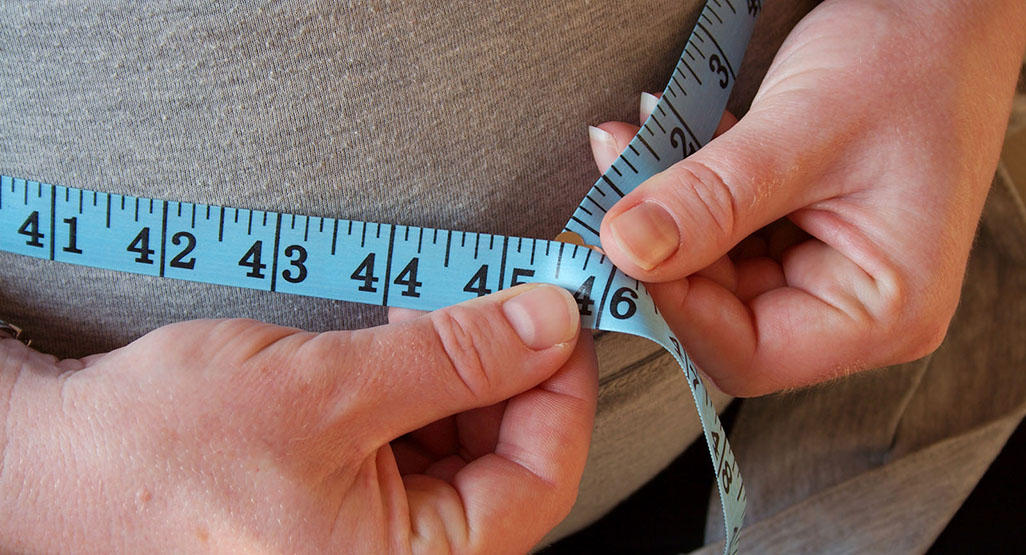
The actual amount of weight gain during pregnancy depends on body mass index (BMI) before pregnancy. If you have a healthy weight before your pregnancy, say a BMI of 18.5 to 24.9, then you should gain 11.3 to 15.9 kilogrammes. If you’re underweight before your pregnancy, with a BMI of less than 18.5, then you’ll need to gain some weight. If you’re overweight, say you is BMI of 25 to 29.9, then you should gain a little less weight: 6.8 to 11.3kg. Women who are obese with a BMI of 30 or above, their weight gain is between five and nine kilogrammes.
No additional energy is required in the first trimester because a woman’s energy requirements increase only slightly. You could gain only about 500g to 2kg of weight should during this time. In the second trimester, the energy requirements increase by about 300 calories. That’s the equivalent of a small tub of yoghurt and a banana. The energy requirements increase again for the final trimester. You can add some more pieces of fruit to the yoghurt to meet your additional energy needs.
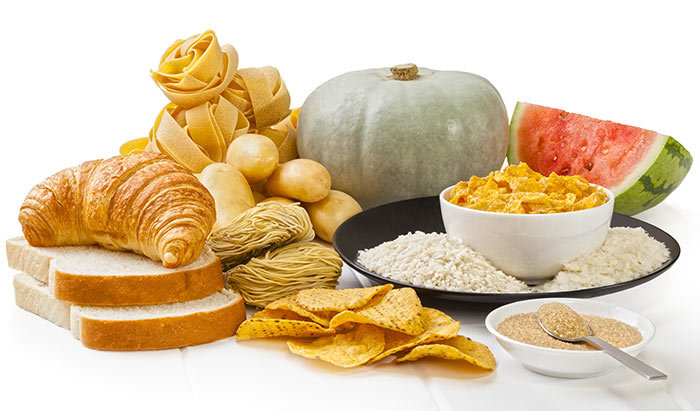
Stay away from processed and refined foods when the energy requirement increases, since they contain more of carbohydrates and way less nutrition. Processed and refined foods include white bread, white rice, chips and candy. It is better to eat whole grain bread, brown rice, baked potatoes (with the skin) and fresh fruits. In general, the more complex and whole grain the carbohydrate is, the better, because your body absorbs it slower. That will help your blood sugar levels remain consistent, instead of bumping up and down.
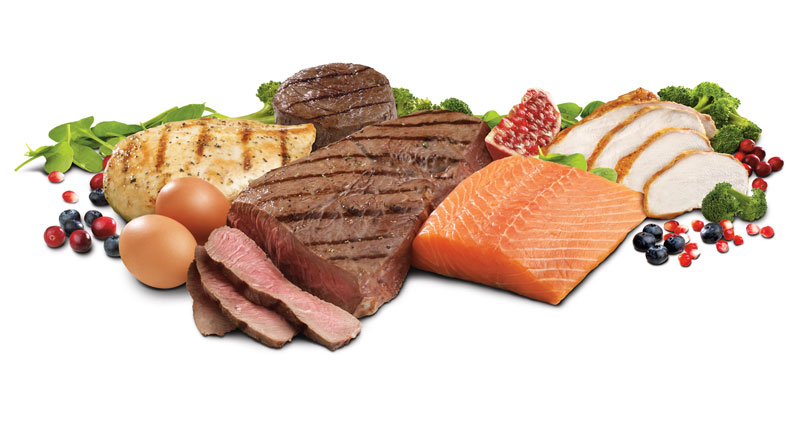
Protein is made up of amino acids which are the building blocks of your body’s cells and that of your baby’s body cells as well. You should get enough protein throughout your pregnancy. Protein is very critical during the second and third trimesters. It is because your baby is growing the faster and your breasts and organs are getting bigger to accommodate the needs of your growing baby. Some good sources of protein are dairy, beans, nuts, legumes, meat, poultry, egg whites and fish.
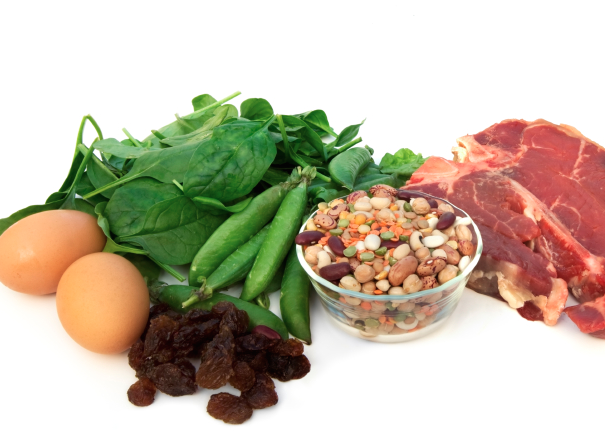
Your body needs iron for several reasons irrespective of whether you are pregnant or not.
The amount of blood in your body increases during pregnancy until you have almost 50 percent more blood than usual. You need extra iron to make more haemoglobin. You need extra iron for your growing baby and placenta, especially in the second and third trimesters. To make sure you’re getting enough, eat a variety of iron-rich foods every day.
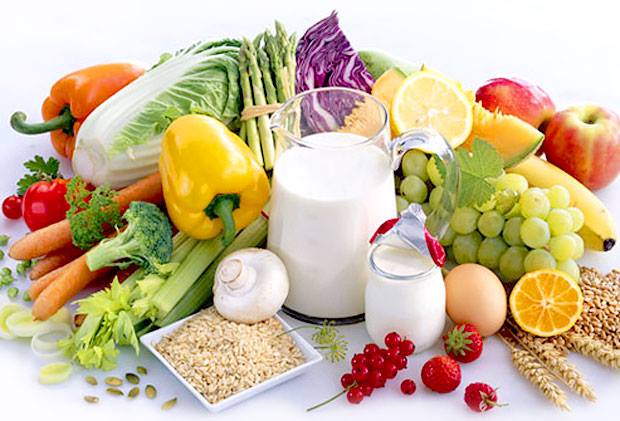
Calcium is needed by both the mother and the baby. The developing baby needs calcium for strong bones and teeth. Calcium also helps your baby to grow a healthy heart, nerves, and muscles as well as develop a normal heart rhythm and blood-clotting abilities. Milk and other dairy products are top sources, as are canned fish and calcium-fortified cereal, juice, soy and rice beverages, and bread.
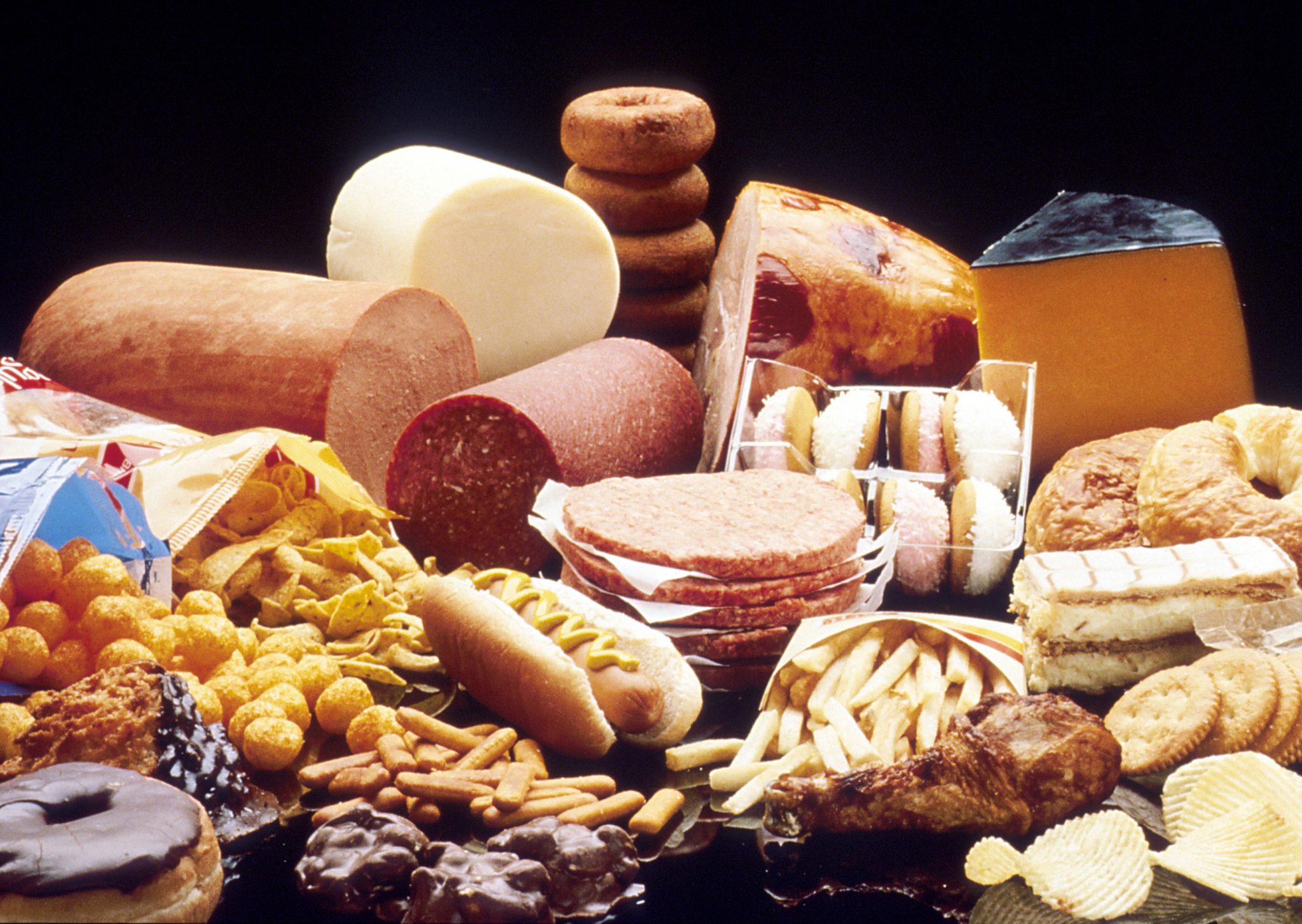
Fats always have a bad reputation. But you and your baby do need some good fats to stay healthy. Just remember to pick from the healthy, unsaturated variety like vegetable oils, olive oil, nuts.
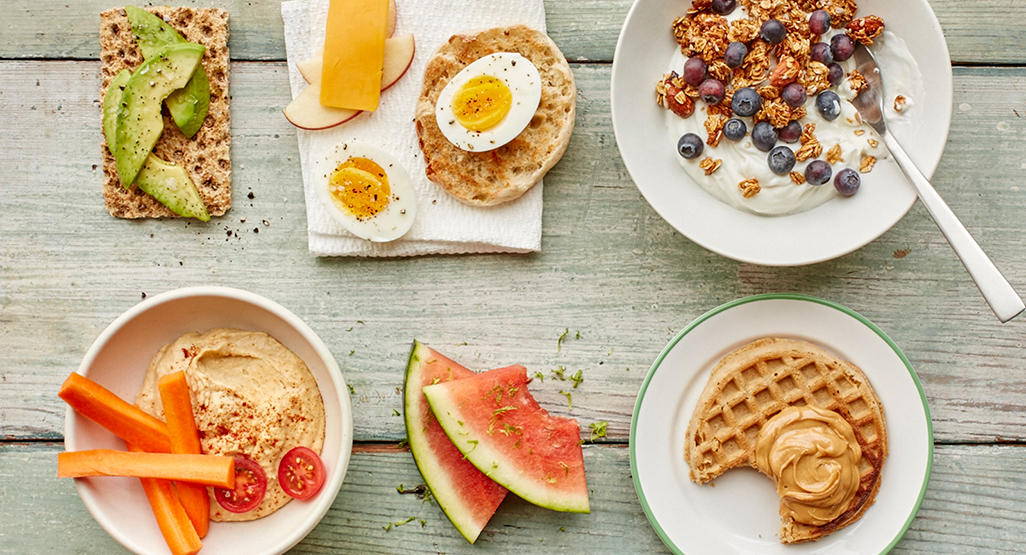
If you feel hungry, you do need to eat! Just avoid fatty, sugary foods and opt for nutritious, satisfying snacks like fruit, low-fat yoghurt or a glass of milk.
It is the most powerful creation to have life growing inside of you.There is no bigger gift